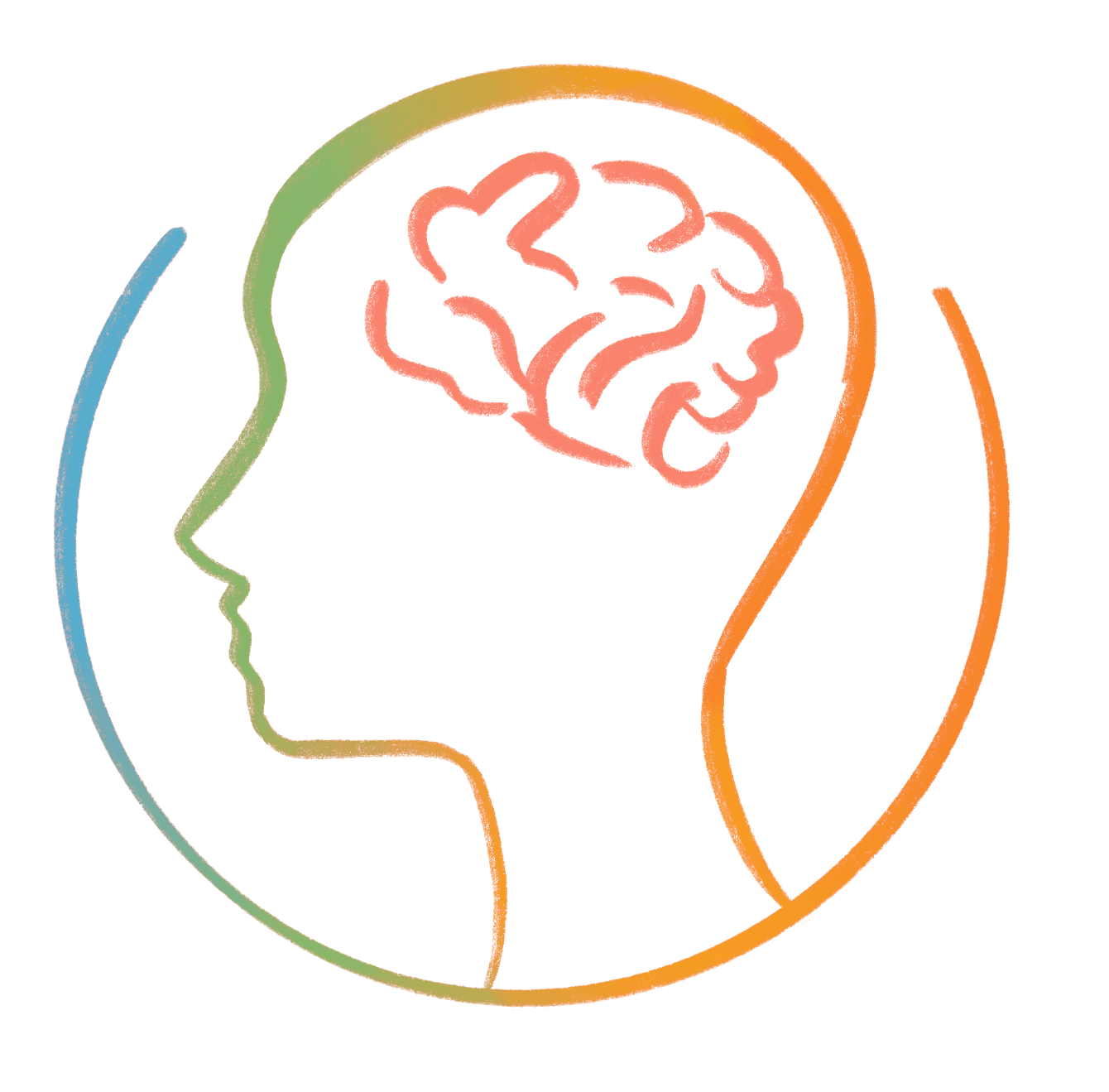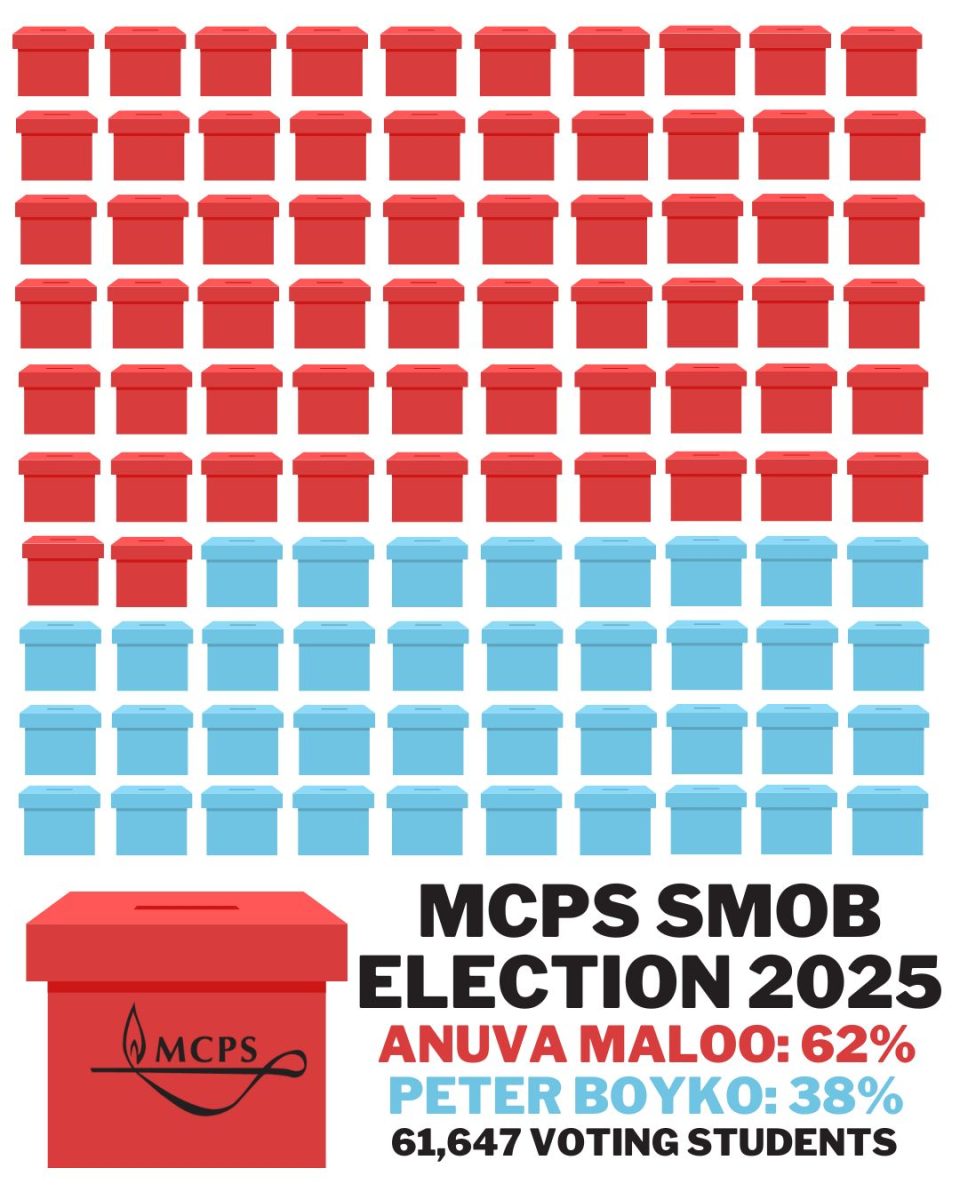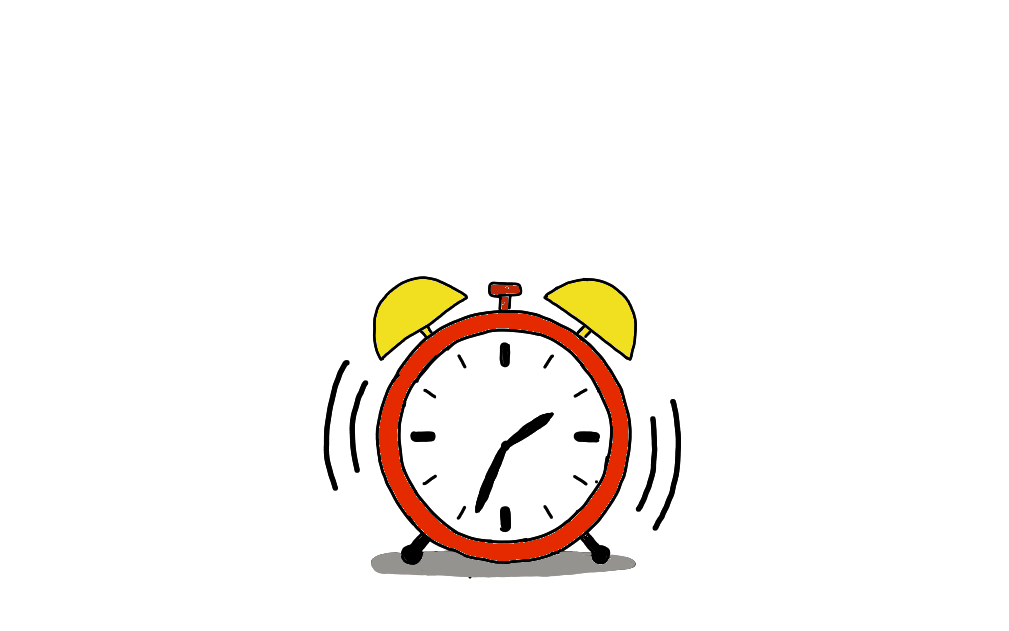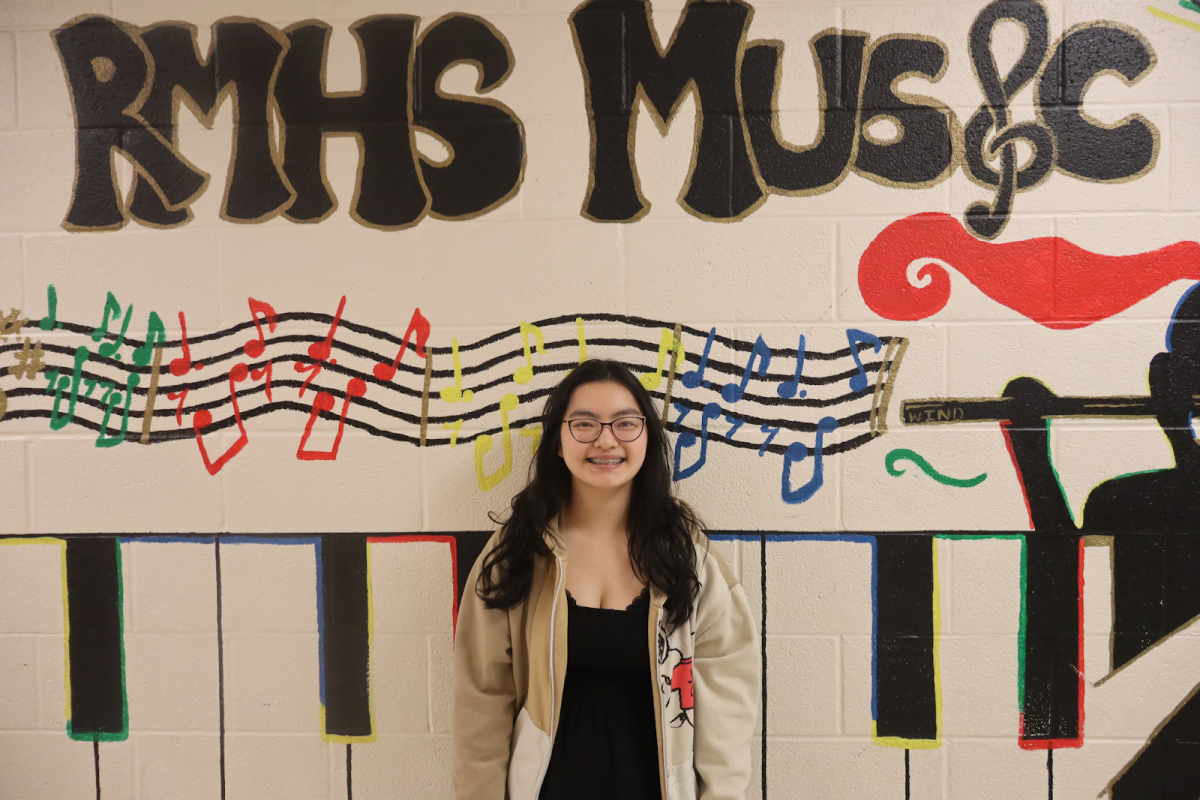After “effectively banning” the Advanced Placement Psychology course in early August, the state of Florida is now allowing schools to continue teaching the course. AP Psychology is a course offered by College Board, an nonprofit organization that coordinates AP Psychology and other AP classes in high schools as a way to earn college credit. College Board had released a statement regarding this matter after a Florida law that prohibits teachers from speaking about sexual orientation and gender identity in k-12 meant that content about said subjects could not be taught was issued.
In July of 2022, the state of Florida enacted the “Parental Rights in Education” bill, a law that says teachers must not teach anything about or relating to sexual orientation and gender identity. It reads, “Classroom instruction by school personnel or third parties on sexual orientation or gender identity may not occur in kindergarten through grade three or in a manner that is not age-appropriate or developmentally appropriate for students in accordance with state standards.” This guideline has now been expanded to seniors.
The Florida Board of Education had clarified that AP Psychology can be taught if any mention of said topics were removed. However, College Board had said in a previous statement that AP courses cannot be adapted without violating the standards of a college course.
The statement says, “To be clear, any AP Psychology course taught in Florida will violate either Florida law or college requirements. Therefore, we advise Florida districts not to offer AP Psychology until Florida reverses their decision and allows parents and students to choose to take the full course.
Mrs. Sharon Vires, an AP Psychology teacher at RM described the wide variety of subjects and units in the course’s curriculum.“There are 14 different units that are all related to how people behave and how people think. It ranges from biology and the brain; the structures and functions of the brain, to social psychology, which is all about how people interact with each other,” Ms. Vires said.
Despite the controversy over the course’s incorporation of subjects regarding gender and sexuality, it seems that it is not a significant aspect of the curriculum.
“[They] are talked about very briefly in the Motivation unit, where we talk a little bit about sexual motivation and very little if at all about gender,” Ms. Vires said.
RM students generally believe there is much to gain from the course.
“I learned about the mental processes of humans, [and] about the evolution of psychology and doctors. I learned how technology evolved and helped people discover more about anatomy and the way our minds work,” junior Natalia Copeman said.
RM teachers also value the course. “Anything that they experience can be related to a topic we talked about in [AP] Psych. If you can understand how people think and what’s important [to them], then you have an easier time interacting with them,” Ms. Vires said.
Some feel frustrated by the possibility of banning AP Psychology in Florida.
“To ban an entire course that benefits the student and helps them navigate life because of two controversial topics that we spend maybe half of one day on out of the entire year on, doesn’t make any sense to me,” Ms. Vires said.
In the end, both the College Board and Florida’s Board of Education issued statements that indicated the course would be allowed to be taught in schools.
“[These topics], although talked about briefly, should not be removed from the curriculum; they are as important as any other topic we learn about. We teach information that is based on science and it’s not the opinion of the teacher so there’s absolutely no reason to not include it.”












